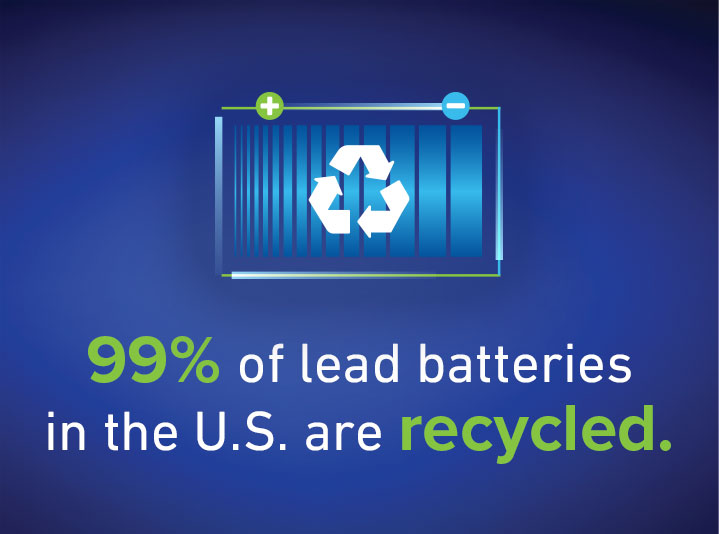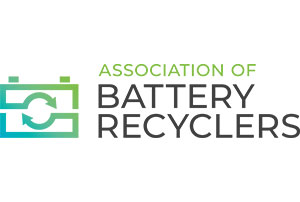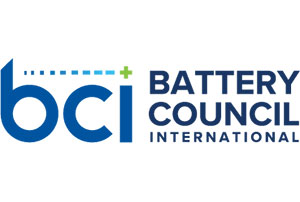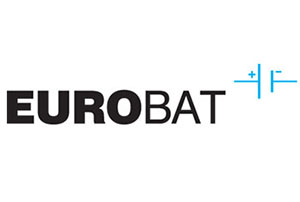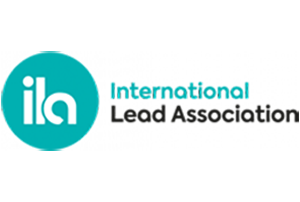The U.S. lead battery industry is part of a global effort to increase responsible battery production and recycling. The industry is committed to working with others to end informal battery recycling in low and middle income countries where the practice exists.
Promoting and supporting best practice recycling in...
We’re excited to share a post from EEE’s European partner ILA, about knowledge transfer to UNEP and African lead battery...
Article
March 21, 2019

